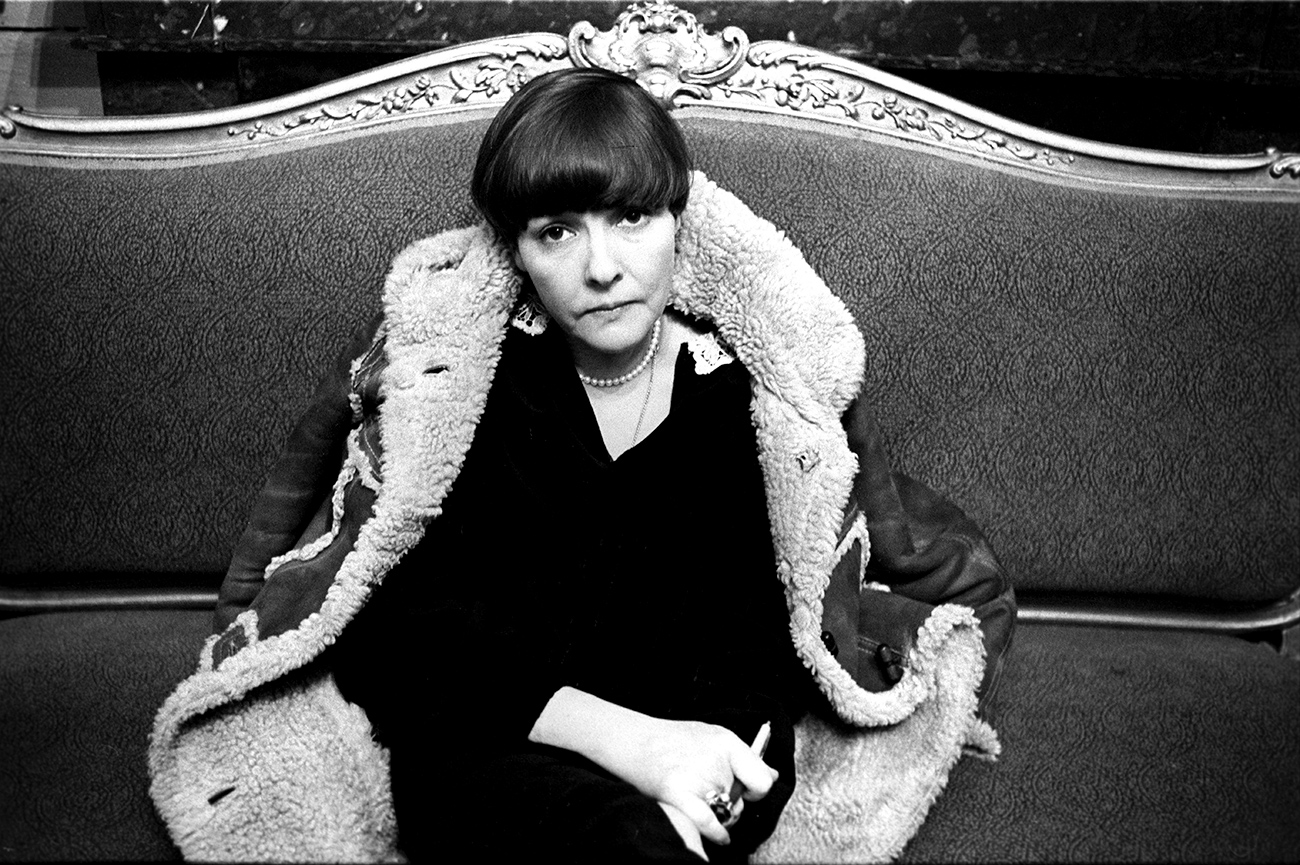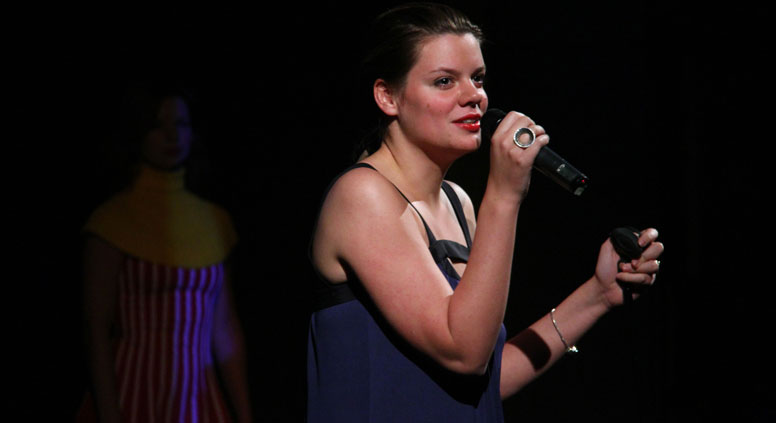Why Bella Akhmadulina was so beloved in the USSR

Poetess Bella Akhmadulina.
Yury Pilipenko/Global Look PressYevgeny Yevtushenko, who died recently, was the “last stadium poet” and drew thousands of admirers from all around with his wonderful words. But his passing, no matter how sad, should not eclipse the death of his first wife Bella Akhmadulina – she died seven years ago and would have been 80 today. Both poets were incredibly talented, both deserve to be celebrated, and both lit up the 60s. Yevtushenko’s funeral is being held today in the writer’s village of Perdelkino. They are both sorely missed.
The fact that Akhmadulina’s name is constantly mentioned in the same breath as with the Yevtushenko, Andrei Voznesensky, and Robert Rozhdestvensky, is inevitable and unjust at the same time. Inevitable - because from a young age Bella indeed took part in the legendary "poetic evenings at the Polytechnic Museum" and even more legendary concerts at the Luzhniki Stadium. Unjust – because, unlike Yevtushenko, who can be called a "citizen poet," Akhmadulina always remained a lyrical poet, who lived not in the world of civil enthusiasm, but in the realm of lofty, operatic passions.
It’s not by chance that externally, with her grandeur on stage and complete helplessness in practical affairs, Bella seemed like a fin-de-siècle prima donna. Ordinary Soviet citizens, including successful Soviet writers, looked upon her with admiration and amazement because of this quality, something that her contemporaries would later speak of. Even her daughter, Elizaveta Kulieva, a very concrete and earthly lady who works in the advertising business, said in an interview that the public adored Bella for her exalted nature.
Akhmadulina reading her poems in a movie 'I am twenty', directed by Marlen Khutsiev, 1965
It seemed that the spirit of the Silver Age was reborn in this "Soviet aristocrat," deputy minister's daughter, UN translator (leading some to suggest she was a KGB agent) and grandniece of Lenin's personal friend who is buried in the Kremlin walls along with the top Soviet leaders. And the intense, unforgettable lyrical poems, which describe characters from past epochs and which echo bygone feelings, are a natural manifestation of this spirit, and not just a constructed pose or "decadence role" that many "Akhmatovki" and "Tsvetaevki" tend to assume.
Akhmadulina was real and not just a semblance. This "secret to success" is very simple. Unfortunately, there are few people, even creative people, who can understand it.
Mikhail Viesel is the editor in chief of the Year of Literature portal.
If using any of Russia Beyond's content, partly or in full, always provide an active hyperlink to the original material.
Subscribe
to our newsletter!
Get the week's best stories straight to your inbox
